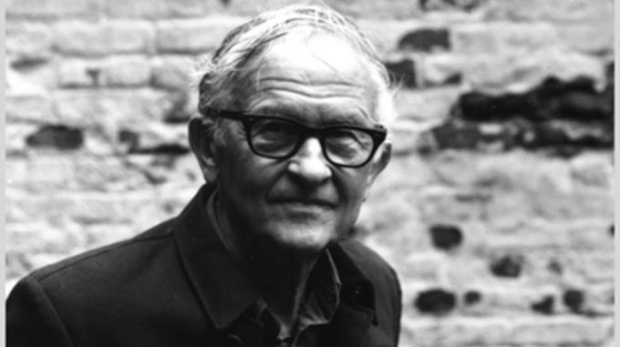 Back to selection
Back to selection
R.I.P., Documentary Great Albert Maysles
 Albert Maysles (courtesy Maysles Films)
Albert Maysles (courtesy Maysles Films) The legendary documentary filmmaker Albert Maysles passed away last night, reported The Criterion Collection on the day it is rereleasing one of his most indelible and influential works, Grey Gardens (co-directed with David Maysles, Ellen Hovde and Muffie Meyer). He was 88.
With David, his brother, Albert Maysles made “direct cinema” documentaries that were politically and socially impactful upon release and aesthetically groundbreaking for generations of filmmakers to follow. The 1969 documentary Salesman (co-directed with Charlotte Zerin) captured the everyday sorrows of ordinary people — in this case, door-to-door Bible salesman — toiling in the shadows of both the American Dream and the social movements of the 1960s. The oft-cited “end of the ’60s” were captured by the Maysles in their 1970 Rolling Stones documentary, Gimme Shelter. When it appeared on Filmmaker‘s 1996 list of “The 50 Most Important Independent Films,” we wrote, “An antidote to the muddy lovefest of Woodstock, the Maysles’ ‘direct cinema’ style of doc production reimagined the concert film as social commentary.” The two shut-in socialites of Grey Gardens, the Beale sisters, were another set of unforgettable subjects. The Maysles’ depiction of their lives, in which fame and squalor co-mingled, presciently foreshadowed the paradoxes of America’s growing celebrity culture.
Central to Maysles filmmaking was that “direct cinema,” observational style, one that eschewed formal, back-and-forth interviews and was dependent on being “in the room” for both revelatory events and unexpectedly honest smaller moments. Their shooting captured life as it happened and then, during production, the Maysles would find within their footage moments speaking to larger political and social themes.
Maysles continued working up until the end, with two final films set for release: Iris, about interior designer Iris Apfel, and, upcoming at Tribeca, In Transit (directed with Nelson Walker, Lynn True, David Usui and Ben Wu), about the long-distance route of an Amtrak train. In addition to his work directing, Maysles was a generous supporter of young filmmakers and the documentary form in general, having formed Harlem’s Maysles Documentary Center in 2005.
Below, Al Maysles and Apfel speak at the New York Film Festival. We’ll have more on Maysles and his incredible career in the next issue of Filmmaker.
